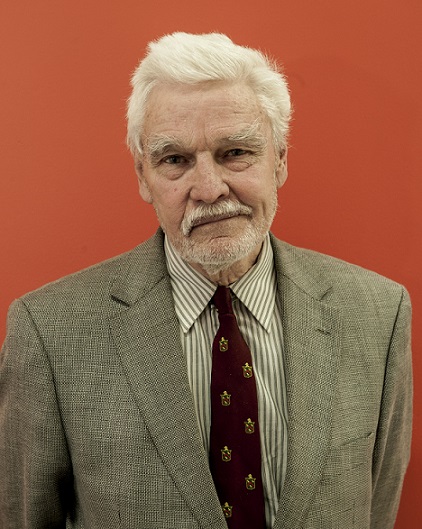Shakespeare had Mark Anthony say “I come to bury Caesar, not to praise him”. Well, I come to praise Peter Short, and to assert that no one will bury Peter Short. His name will live forever.
Peter did not beat death, no one can when their time comes. Yet Peter conquered death – Caesar would have approved. At a time when death is enveloped with dogma, and myth, taboo and gloom, when people retreat and hide, and become depressed, Peter tossed it aside, and lived every day as fulsomely and as beautifully as he could. He had faced death 5 years before, after his major surgery, and seen it off.
When Peter was told in February, 2014 that his cancer had recurred and that he had six months to live, he rapidly developed an understanding of his clinical circumstances and the law, and confirmed his medical enduring power of attorney and advance directive preparations. He commenced a process of deep communication with his wife Elisabeth and son Mitchell, and his medical advisors, so that there were no uncertainties about his values and wishes. He brought everyone on board, discussion was frank, open, serious yet often humourous. There was no gloom around Peter. In short, he accepted the reality of his situation, and set about making every day important. I have no doubt that his family’s grief is greatly diminished because of this process. They shared his dying to the full. It was a warm, inclusive process.
He determined that he would do everything in his power to change the law in Australia, to give everybody the choice that he held so important – to choose when, where and how he died. He wrote, spoke, blogged and tweeted every single day. He became a household name. He has participated in a documentary film of his last months which will be a remarkable document.
He developed a petition to the Prime Minister, and he must have been over the moon when Mr Abbott rang him 10 days before he died to talk with him, and assure him that Federal Liberals would have a conscience vote on dying with dignity legislation. No one, to my mind, has ever done as much for this cause, in the 8 months available to him, as Peter.
Peter outlived his prognosis by four months because of two phenomena. He had an important purpose that engaged him fully, and gave him a profound reason for living; and he had control over the end of his life which provided valuable palliation. I was privileged to advise Peter during the last 8 months of his life, and to work with him and Dying With Dignity Victoria on many of his projects. I counselled him about his dying, gave him advice on medication, and eventually gave him medication which would give him control over the end of his life. He attested to the benefit this gave him in conquering death. Having Nembutal didn’t shorten his life. In the end he chose not to use it.
Ultimately Peter died in palliative care. This might seem a paradox, given his energy for the right to die at home at his own time. Dying, however, can be complex, not so easy to control. What Peter was arguing for was choice, and in the end he exercised choice; the actual choice he made is not important, the fact that he had a choice is what matters.
The last time I saw my father as he was dying of pancreatic cancer, I said to him, “thank you for showing me how to live a life”. I visited Peter on Boxing Day to say goodbye – he was smiling, as usual, between his struggles for breath. I want to thank him for reminding me ‘how to live a life’.
Peter was a great humanitarian – he dedicated the end of his life to the benefit of others.
Lest we forget.


